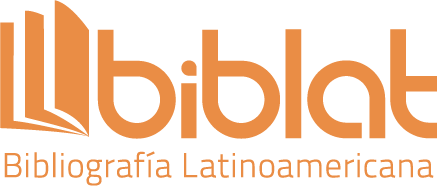Development of digital skills: relationship with perceived self-efficacy and attitude towards ICT in higher education students
DOI:
https://doi.org/10.46443/catyp.v19i2.337Keywords:
Digital Competencies, Perceived Self-efficacy, Attitudes towards ICTAbstract
Educational institutions carry out a relevant role in the allocation of value in organizations through the training of professionals, future entrepreneurs, and collaborators. An investigation is presented with higher-level students with digital skills and generally a favorable attitude toward them. However, difficulties are observed in developing the digital skills required for academic tasks. The Self-efficacy construct of social cognitive theory was studied as a factor that affects the relationship between Attitudes toward Information and Communication Technologies (ICT) and the development of Digital Competencies in young people from various educational programs and higher-level institutions. A predominantly quantitative methodology was applied with a non-experimental design and correlation scope that included Likert scales to collect information. Results showed strong to medium positive correlations in all relationships; and the means of the variables were higher than the mean value of the scales. These results will have implications for the implementation of better-focused didactic strategies to achieve learning that favors the skills required of professionals in the complex globalized world.

Published
How to Cite
Issue
Section
License

This work is licensed under a Creative Commons Attribution-NonCommercial-NoDerivatives 4.0 International License.















